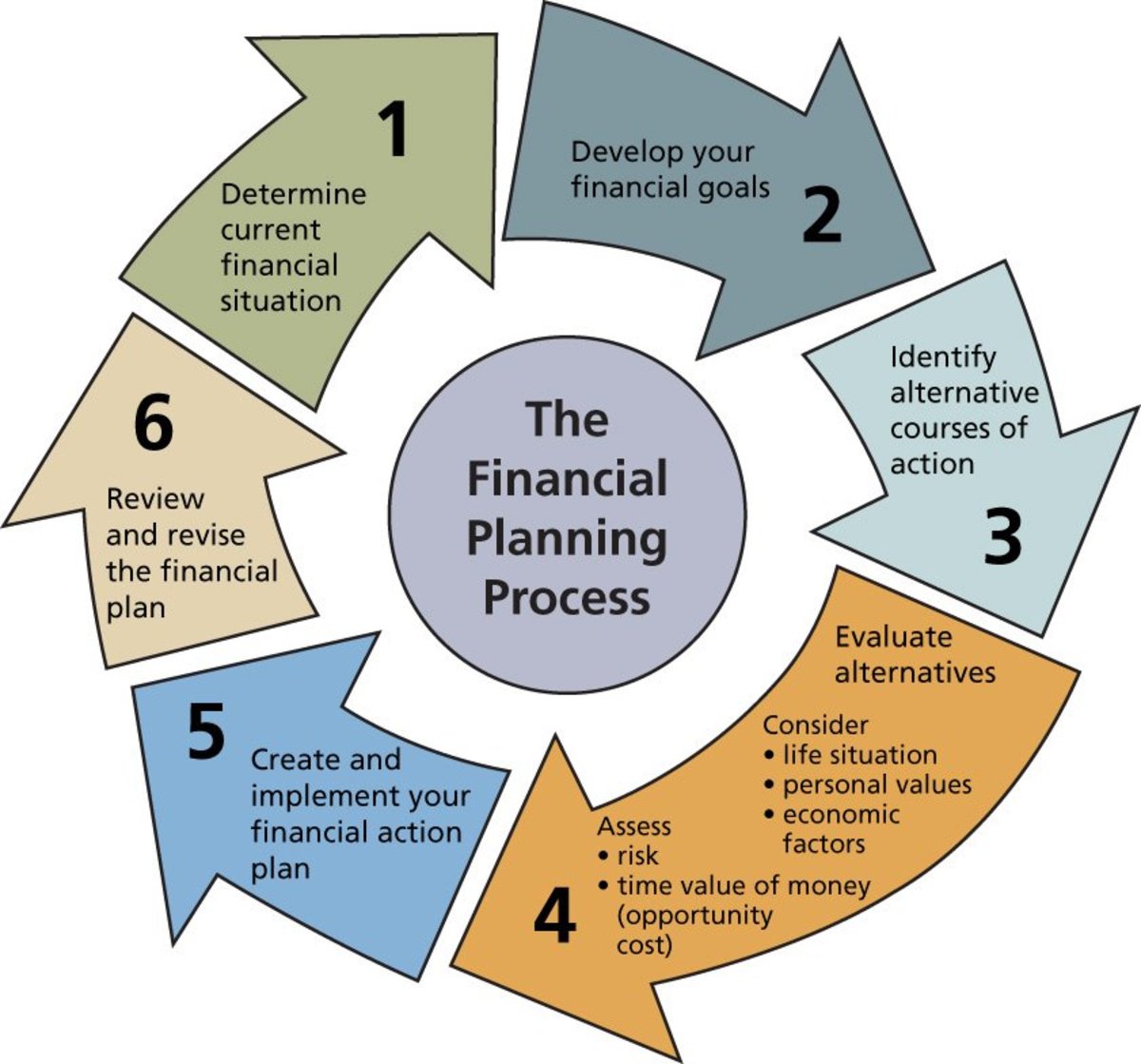Financial Problems and Divorce

Why Divorce and Financial Problems go Hand-in-Hand
Due to poor planning, misunderstandings in the law and inequitable arrangements between spouses, many divorcing couples face severe financial problems after their divorce. On top of adding to the emotional stress of divorce, these financial crises can lead to bankruptcy, foreclosure, repossession of vehicles and damage to both spouses’ credit scores.
To boot, once the couple must maintain two households, the quality of living generally goes down for both spouses--at least in the short term. This can be particularly true for the higher-earning spouse, who may find himself or herself in the position of paying out spousal support and child support. Likewise, changes in living style can cause financial issues. For example, if a wife stays at home and cares for the child, but now has to work outside the home, both spouses now might face the reality of paying for daycare or a nanny.
While some of these changes are inevitable, understanding your rights in a divorce and consulting with an attorney if a situation seems inequitable or confusing can help avoid unnecessary financial trouble. Likewise, although the cost of hiring a financial planner may seem excessive when paying legal fees and possibly establishing a new residence, such assistance can be invaluable, especially if you are nearing retirement age or are living on a fixed income.

Joint Debts and Divorce
After a divorce, many couples face financial problems because they do not make immediate arrangements on how to divide joint debts, particularly revolving credit card accounts. Even one to two months of delinquent or missed payments can damage both spouses’ credit and cause long-term financial problems. For example, say a couple has a credit credit in both of their names. They both use it to pay for household items and are jointly responsible for paying it. Now say the couple decides to file for divorce. As many couples do, the husband and wife set up their own bank accounts. But who pays the monthly credit card bill? Of course, it is easy to say "just split it," but during the emotions that come with a divorce even a simple matter such a $100 payment can become a contentious matter. Likewise, during the stress of a divorce, it can be easy to just throw an unopened credit card statement to the side and say, "I have bigger problems; I'll worry about that later." Unfortunately, for some couples, that "later" means an account going into collections.
When a couple decides to divorce, if is possible to sit down together and amicably discuss financial issues, decide how to handle joint debts together to make sure that no account is paid late. For example, if your incomes are approximately equal, keep a joint bank account open and each put in half of the monthly payment, with one party agreeing to make the payment by its due date. Likewise, if you do not want to retain a joint account, rotate months making payments, but be sure you stay on schedule as to whose month it is to pay. Even better, if you have a joint savings account and your joint credit card bills are small, paying them off immediately can avoid confusion, late fees, disputes, and possible damage to your credit score.
If you and your spouse are not able to resolve these issues together--for example, if one spouse does not have an income, then it may be beneficial to work with a professional mediator to resolve these financial matters before the court becomes involved. In the meantime, the spouse who typically pays the bills may have to continue to do so, if for no other reason than to protect his or her credit. Although family courts will divide debts in a contested divorce case, in many places, it can take months to get a hearing date, by which point, debts can reach the point of collections.

Child and Spousal Support/Alimony
Child support and spousal support are double-edged swords in divorce cases. For the receiving spouse, these monthly payments are often necessary to cover daily living expenses and can mean the difference between maintaining a minimal standard of living and resorting to charity or family as a means of survival. For the spouse who is making the support payments, however, they can be a significant financial burden, particularly if that party has had to move out of the marital residence or incur other significant expenses related to the divorce.
For a stay-at-home parent or disabled spouse who has supported his or her partner throughout the marriage, the court will almost always grant you support for both you and your child since you have contributed to the house throughout your marriage.
For the partner being asked to pay out, alimony and child support may not seem so positive, but keep the bigger picture in mind: Remember the ways in which your spouse supported you and moreover, if you have children, keep their needs in mind. Although you may have animosity toward your spouse (and sometimes, rightfully so!), your child deserves a consistent standard of living. However, if you are in a tough financial situation yourself and may have trouble paying support obligations due to health problems, job loss, or even a cut in your hours at work, talk to the court about this. The judge will not require you to pay so much that you can no longer afford to care for your own basic needs and your child's needs, when he or she is in your care.
Retirement Accounts
Often, couples who are close to retirement age encounter financial problems arising after they divide up retirement accounts. If the spouses are close to retirement age, division of the accounts can mean neither party having enough savings to retire at the time they previously planned. Additionally, if the parties do not complete the proper paperwork, withdrawing funds from retirement plans early to settle finances can lead to significant tax penalties.
Tax Issues
One of the most commonly neglected debts in a divorce is income taxes. During a divorce, couples often choose to focus on debts that immediately impact their credit ratings and day-to-day life, such as revolving credit card accounts, mortgages and auto loans. In doing so, they may fail to discuss whether to file income tax returns jointly or individually, neglect to pay their taxes in a timely manner or create unnecessary tax burdens through poor financial planning. As with planning for sort-term expenses, thinking about the long-term such as taxes and joint mortgage or auto payments early in the divorce process can reap significant benefits. Indeed, if you and your spouse have worked with an accountant or financial planner throughout your marriage, continue to work with him or her throughout the divorce, even if you have to make contact through your respective attorneys.
Author Recommended Reading
Prevention and Solutions
Divorcing couples can prevent financial problems during their separation and the subsequent legal proceedings by making arrangements regarding debts, cash, savings accounts, investments, property and retirement plans before either party leaves the marital residence. Additionally, both parties should consult with an attorney prior executing any financial settlement papers. Spouses should also verify that their divorce decree or court-approved separation agreement meet the criteria for a Qualified Domestic Relations Order (QDRO), which offer protection against tax penalties and ensure that funds from the couple’s retirement plans are distributed in a timely manner.









